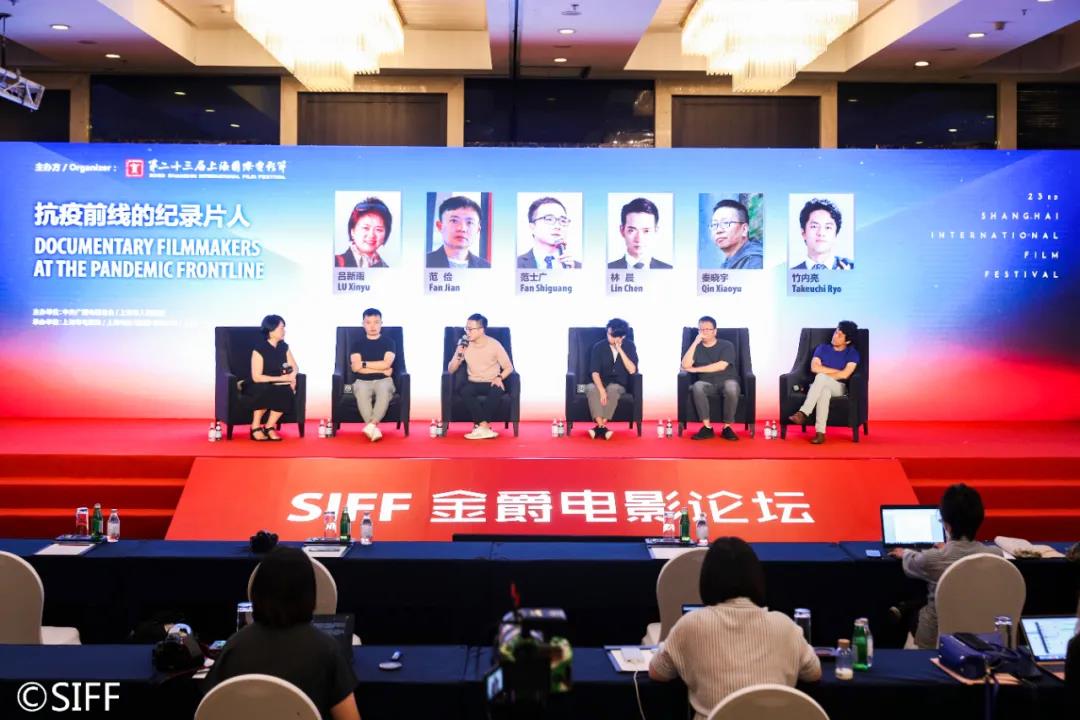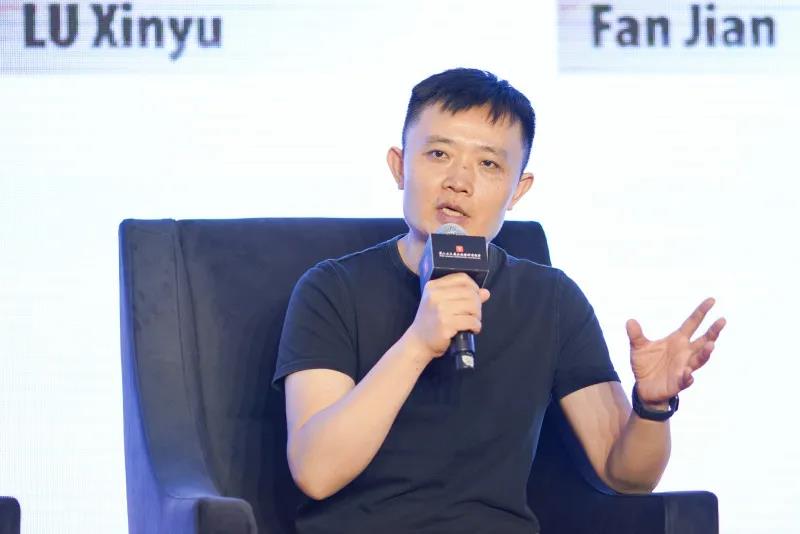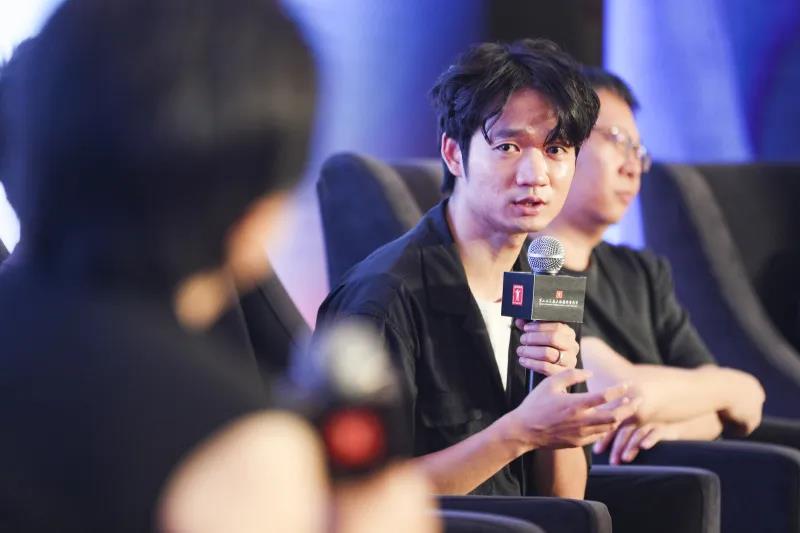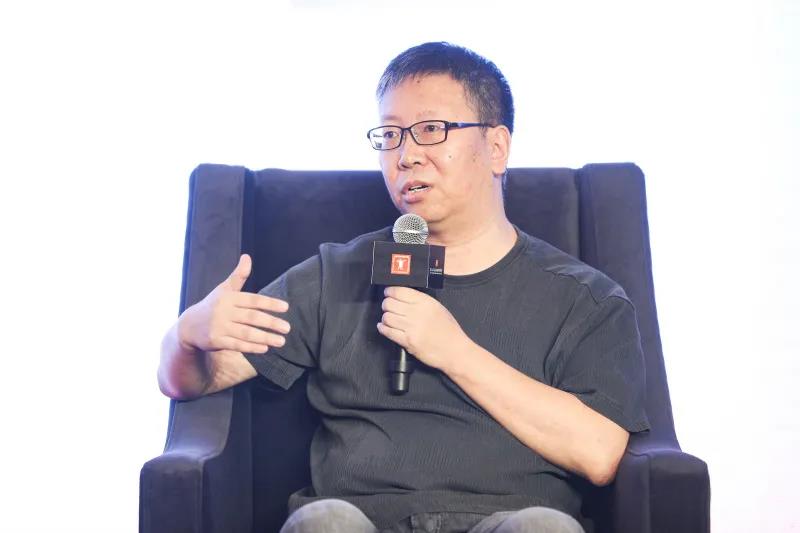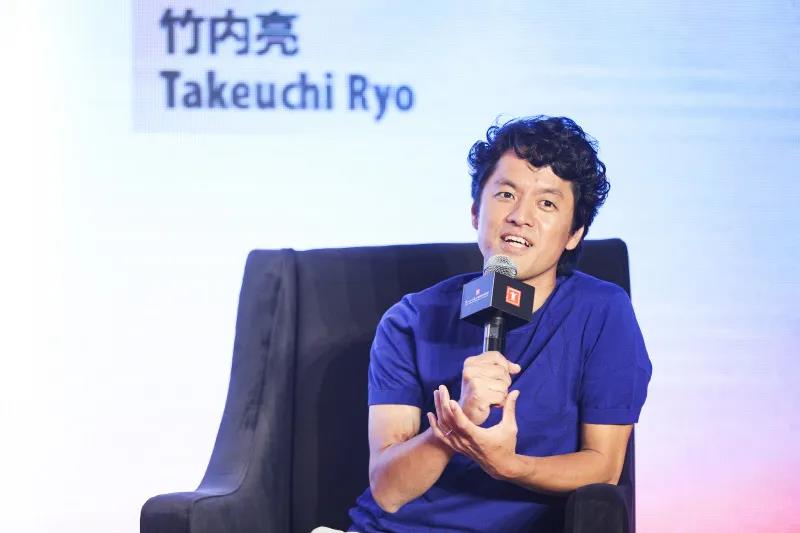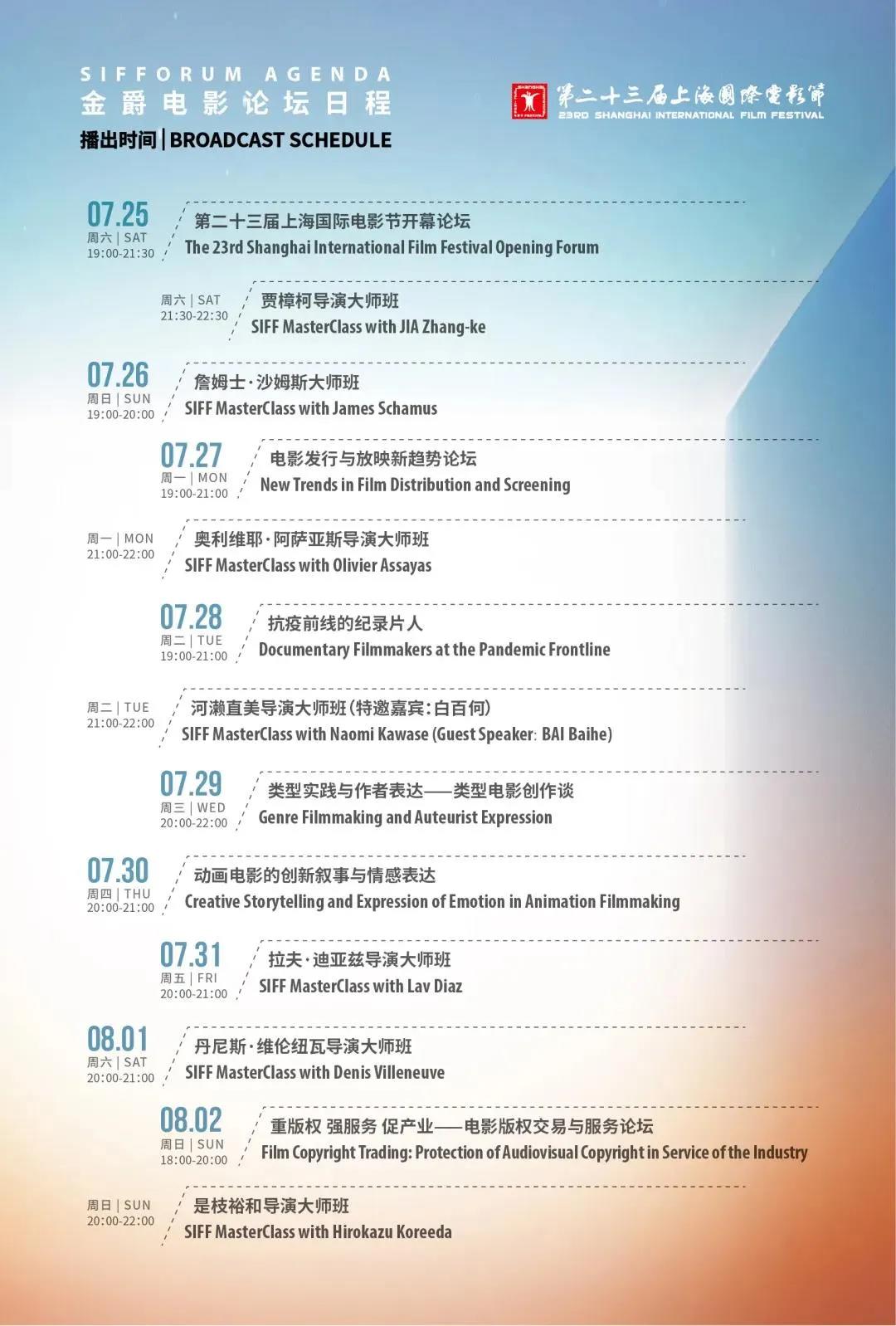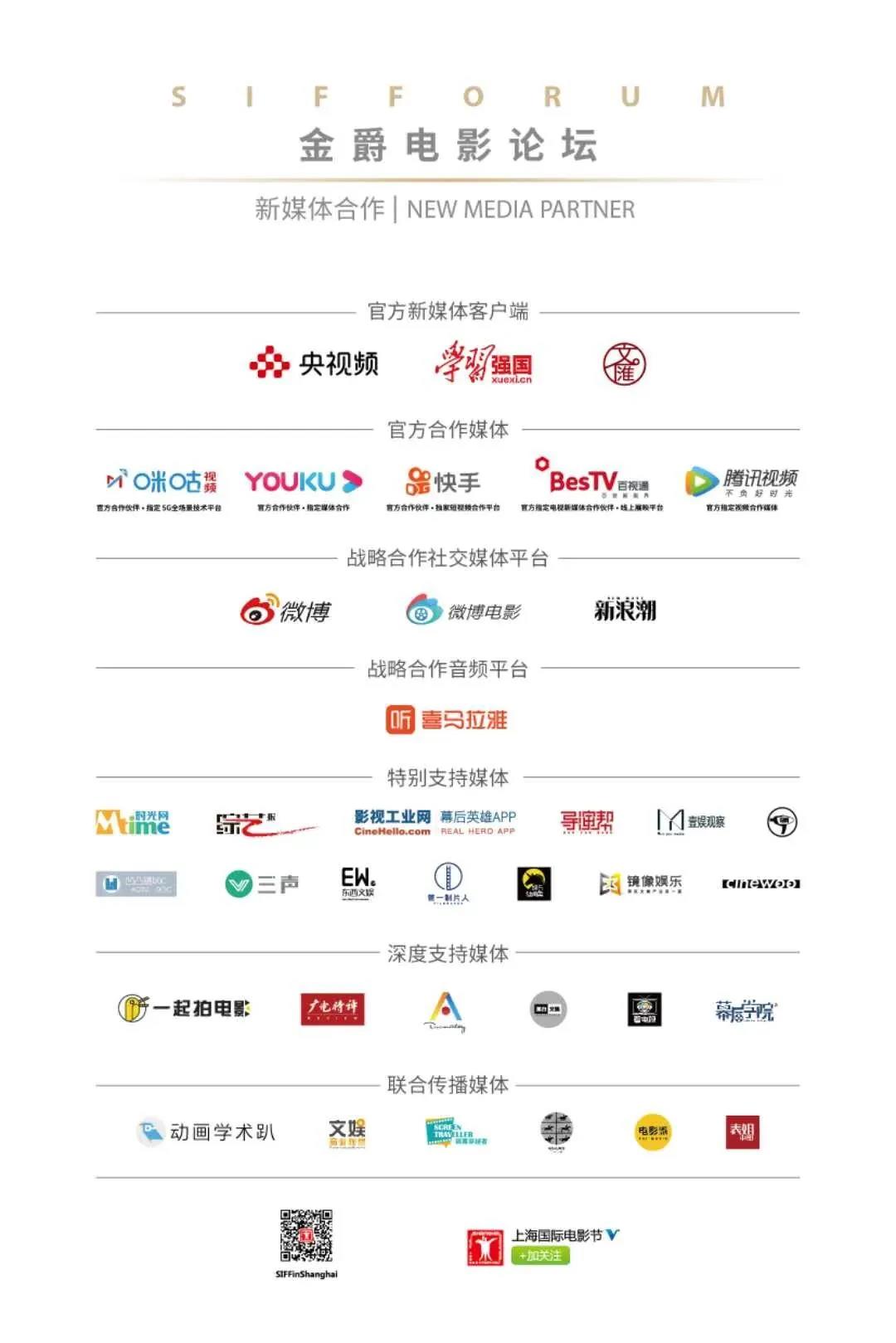2020-07-29
SIFFORUM| Telling a Real China in National Records
As Wuhan was closed on January 23, it was the most extraordinary Spring Festival for those to confront with the sudden outbreak of COVID-19. On the evening of Chinese New Year\'s Eve, a group of documentary workers were carrying cameras among the medical teams to aid Hubei in fighting against COVID-19. They were either wearing the protective clothing and experiencing a grim struggle in the first line of treatment together with medical workers, or knocking on the doors of ordinary citizens in Wuhan and recording their daily life in the midst of the unusual time; or, they left home, hanging out in the streets of Wuhan with mobile phones and UAVs, and recording while walking; and even some foreigners who have a special affection towards the Chinese culture decided to tell the world a real Wuhan behind the lens. Today, with the normalization of pandemic prevention and control, these documentary makers have finally managed to put down their cameras and show up at SIFFORUM, where they will share what they saw and felt as part of the frontline fighters against the virus.
Individual narration should be given more attention to recording this age
Fan Jian, a senior documentary director and winner of Amsterdam International Documentary Film Festival, has abundant experience in making documentaries on major events, including The Next Life and Ten Years: Forget Me Not which put the stories about Wenchuan Earthquake under the camera. In March this year, Fan Jian and The Paper journalists headed for Wuhan, and chose the residential community Baibuting, the epicenter of the COVID-19 epidemic as their field. They shot stories reflecting the neighborhood relations, and sewed the pieces of footage into a complete product, The Lost Spring.
Unlike the deep shooting for the Wenchuan Earthquake in 2008, Fan Jian intentionally “stepped back” a little bit in Wuhan this time. "It never occurred to me that I should shoot the video in hospitals, and I insisted I should incorporate the pieces of daily life into my work, because little attention has been paid to the life of ordinary Wuhan citizens upon the onset of the virus, or the impact on interpersonal relations. It is not what a documentary should look like, nor constitutes the perspective of news and reporting. That is why I made up my mind to go to the community, which in return gave me wider space of production."
However, Fan Jian\'s idea was confronted with incredible barriers when it was to be actualized. "Many people refused to be filmed, because our shooting was going to be carried out at home, and a long time of shooting would unveil their privacy. The character in the documentary is a confirmed patient, or a family member of a confirmed patient, and when he appears in front of the camera, it means he has to expose himself to the public. He must be courageous enough before permitting the filming. After receiving countless rejections, we finally got a nod."
Fan Shiguang, who used to be a reporter of news investigation at the beginning of this career, developed the instinctive request upon the outbreak of the epidemic. "I must go to the front line of the news reporting, where I\'m going to tell you what happened there." Before that, the documentary Life Matters made by him as the chief director had attracted extensive social attention. This time, he decided to focus again on the medical staff fighting against the virus in the front line, except that he intentionally abandoned the ups and downs of the stories, but paid more attention to the individual feelings. "I believe, in the face of particularly serious disasters, personalized narratives and experience must be the backbone of the stories, which bring the audience to see the days these individuals passed through. When we look back some years later, they become more valuable as the proof of history. Therefore, we made a plan of interviewing 100 people, and we did the work till the last day of our stay in Wuhan." In his opinion, documentaries are powerful, since they present the complexity of the world and human beings while naturally showing the reality and our era." "We are all born with this nature to do like this."
"Citizen Documentation" is breaking the boundary limits
Not a professional like Fan Jian and Fan Shiguang, Lin Chen, a Wuhan native, is a Vlogger, and is also famous at bilibili. In the physical lockdown on the city, he produced a series of short videos Wuhan Diary with his mobile phone and UAV, which offered the footage of Wuhan during the earliest days upon the outbreak. These videos were extensively forwarded on the Internet, igniting hot discussions.
Lin Chen did not define himself as a documentary director in view of his "non-professional" background. However, as noted by Lv Xinyu, the MC of the forum, scholar and Dean of School of Communication, East China Normal University, Lin Chen\'s use of UAV presents a very interesting narrative perspective, which is distinguishable from traditional documentaries. The objective perspective of UAV in traditional documentaries has turned into a personal subjective perspective in Wuhan Diary. Here is Lin Chen\'s explanation, “I want to explore this matter from my perspective, so I first produced my narration, recorded the take-off of the UAV, and established a connection between it and me, turning what the UAV recorded into what I see."
If we regard Lin Chen\'s Wuhan Diary as a presentation of an individual perspective, then the Citizen Documentation Initiative One More Day which is being produced by Qin Xiaoyu, a director, poet, literary critic and founder of MeDoc, is like a spotlight, casting the light onto all aspects of the life and trying to gather different perspectives altogether. His attempt is of enlightening significance, "the recorders will suddenly come to realize that the life they have recorded is so meaningful, the recorded film is history itself, and they are the compiler of history." Qin Xiaoyu believes that the era of citizen documentation and direction is coming soon. "Because the shooting devices are very popular among ordinary people, a single smartphone is capable of completing a fantastic task. The real creation is to break the boundary limits, rather than to make ourselves confined. The Citizen Documentation Initiative is just an attempt, which is hopefully becoming a kind of normalization in the future."
Qin also said that compared with shooting in the front line, it is important for ordinary people to shoot in a more profound manner with full details. The details mentioned here are probably not the surroundings, social aspects or public space, but psychological emotion or private space. The latter is exactly what film art and literary works are adept at.
Window to the real China
Takeuchi Ryo, a Japanese documentary director made two new media-based documentaries Fight Against COVID-19 Pandemic in Nanjing and Long Time No See, Wuhan, after the outbreak of the pandemic. Different from other documentary makers focusing on the theme of the virus, Takeuchi Ryo predefined his audience including not only Chinese people, but also Japanese people and even the viewers all over the world. Hence, he changed languages between Chinese and Japanese in the video, and he himself is the leading role of the documentary.
Takeuchi Ryo selected 10 out of 100 netizens recruited through Weibo for shooting the Long Time No See, Wuhan. He made friends with them, got along well with them, told stories as a Japanese man in China, and presented the most objective records, so as to tell the world what truly happened in Wuhan, China.
Takeuchi Ryo revealed that Long Time No See, Wuhan was well received online, which changed the impression of many foreigners on Wuhan. He generously expressed his love for Wuhan and China as a whole. "I hope that through our works, we can get rid of foreigners\' prejudice against Wuhan, and our recording will go on and on, because this is the most important moment."

